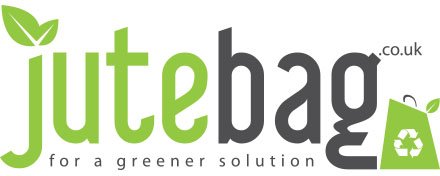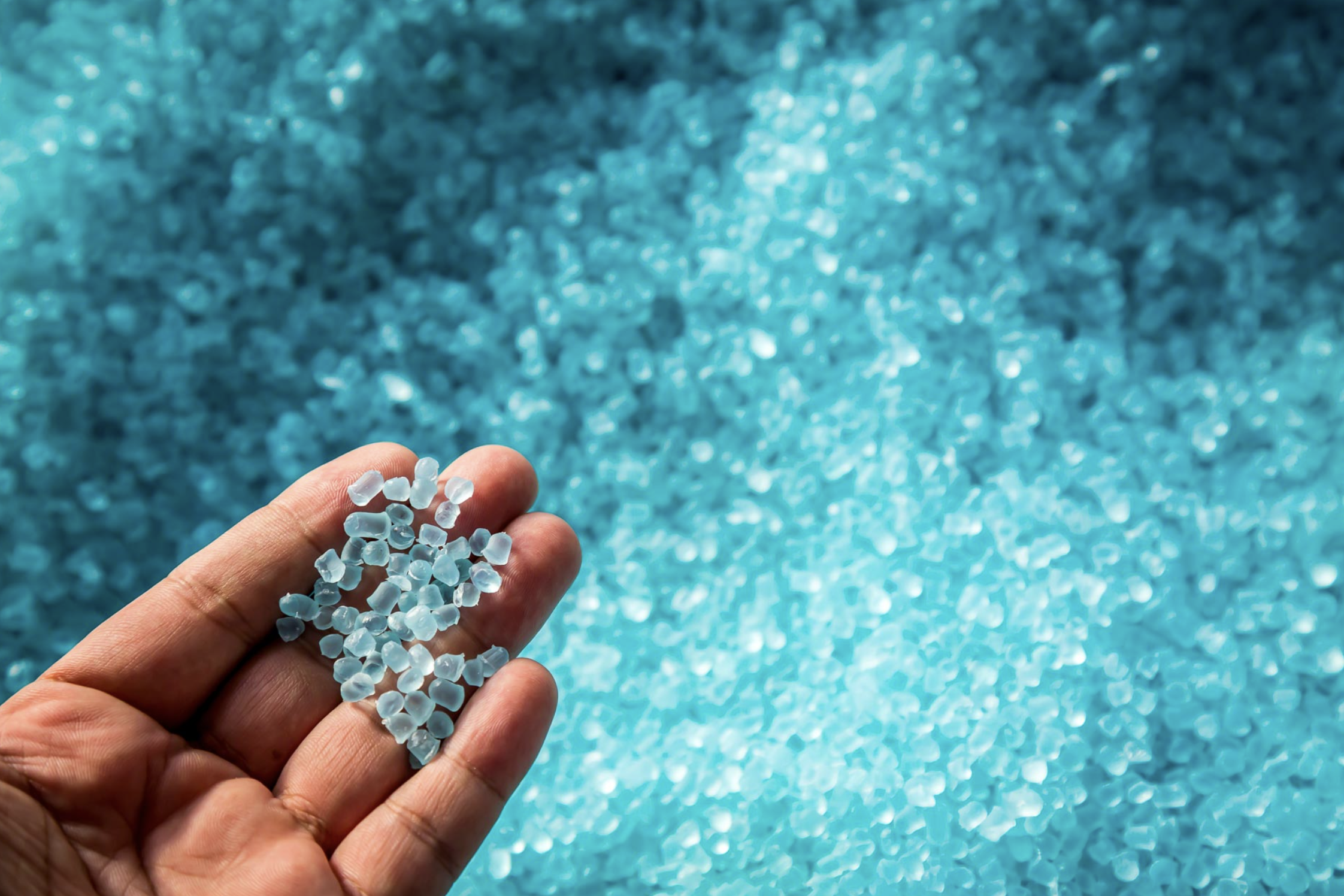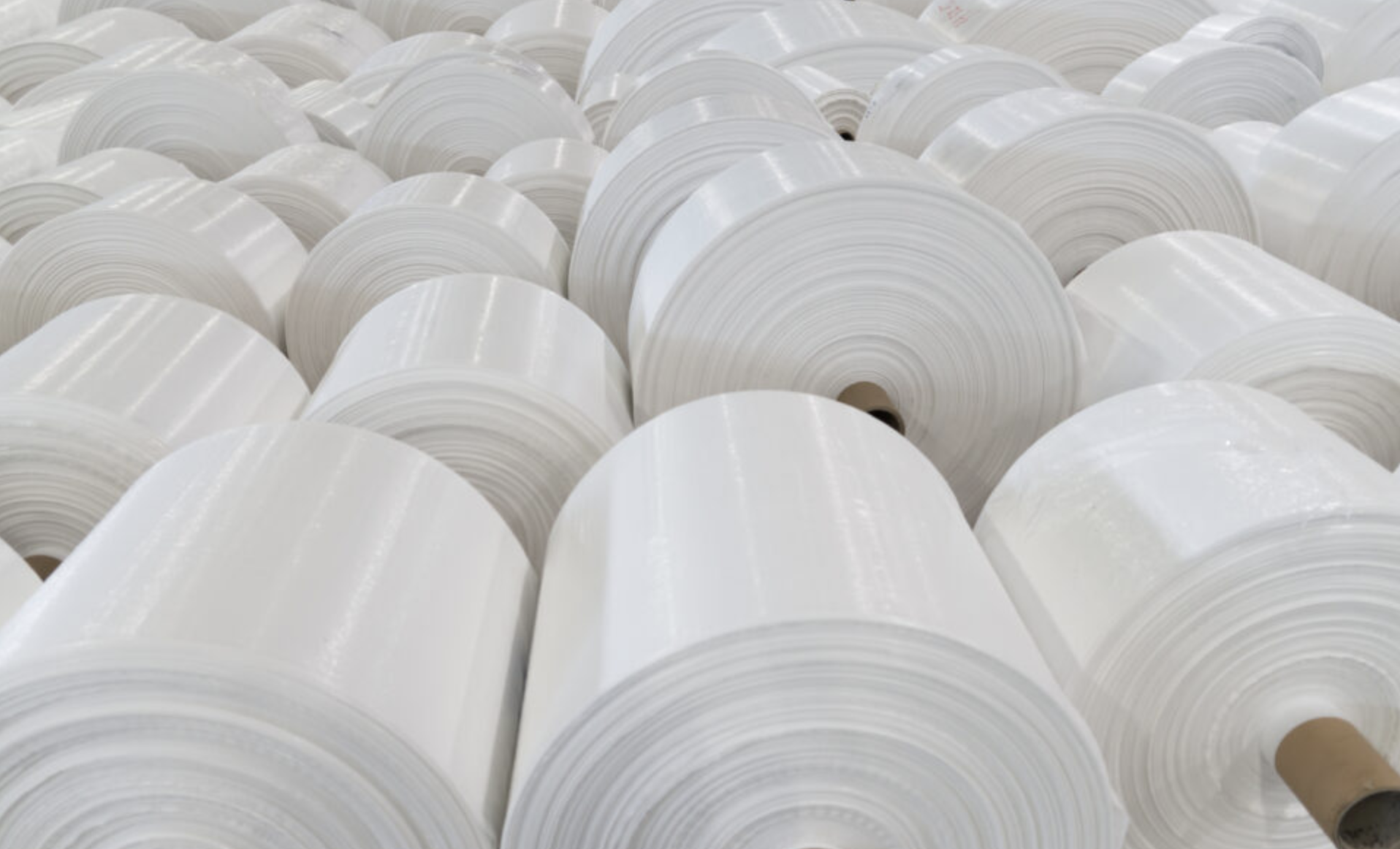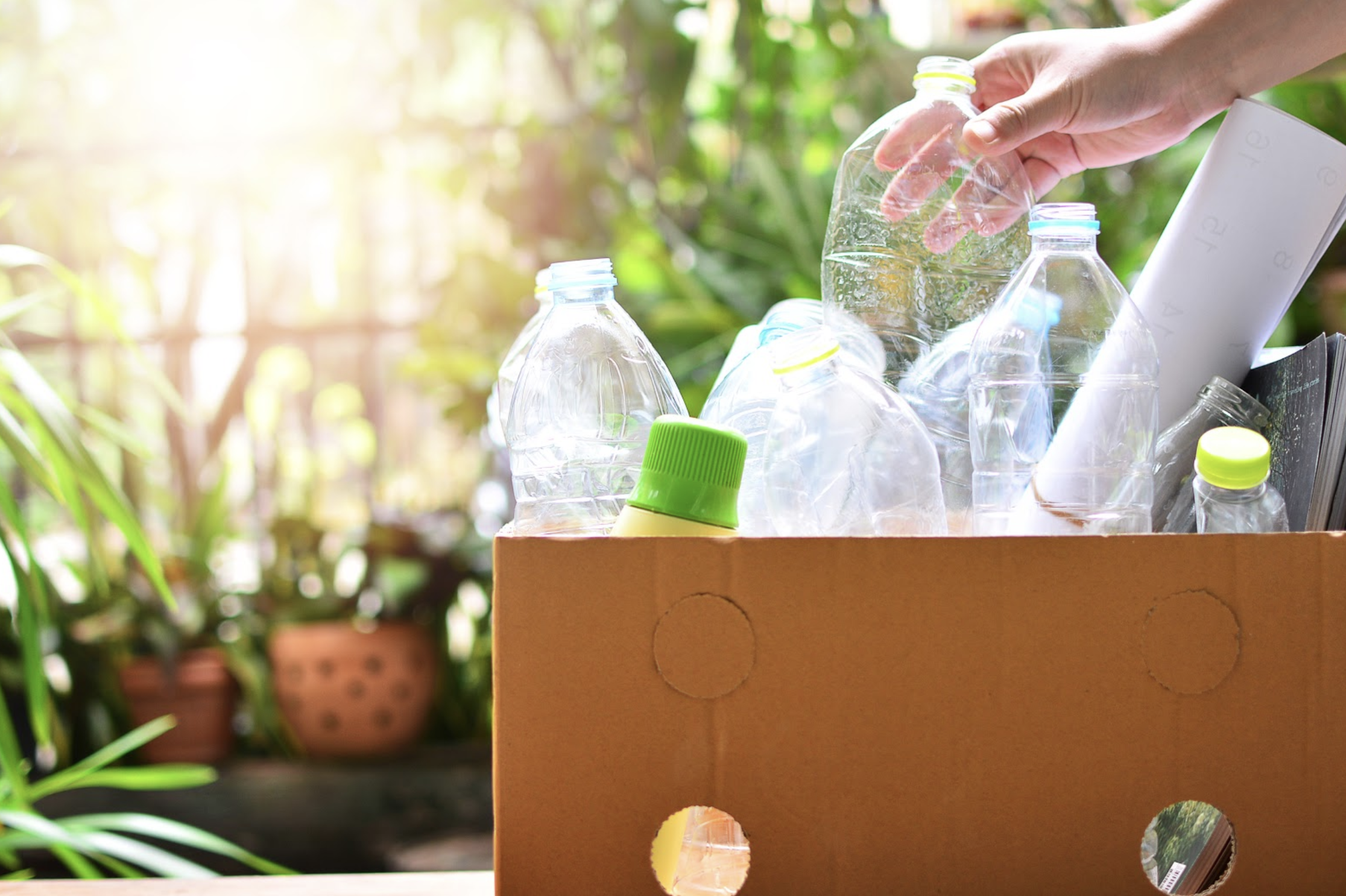Is Resin Eco Friendly?
Resin is a type of plastic used for all sorts of purposes. It is made from the same substances as other plastics, but it's made without any harmful chemicals or additives. In fact, resin has many benefits over other types of plastic, such as being lighter and more durable.
Resin comes in many different forms, but it all has one thing in common: it can be melted or shaped into any shape you want. One type of resin that is often used in bags is called resin eco-friendly bags. These are bags that have been made from recycled plastic bottles and other materials.
The main difference between these bags and normal ones is how they are made. Normal bags are usually made using petroleum-based products such as plastic, which means they don't last very long and eventually end up in landfill sites where they will take hundreds of years to break down. This isn't good for our environment, so we need to find ways of making new materials that will last longer than traditional ones do without harming the planet too much.
The Environmental Impact of Resin in Eco-friendly Bags
Resin Ecofriendly bags are made with a biodegradable material. This means that they will break down in the environment, making them less environmentally harmful than plastic bags.
However, resin eco-friendly bags are not completely biodegradable. They still need to be disposed of properly and recycled to prevent them from leeching into the ground and causing damage to plant life. The new resin is made from plant oils and can be used to create more sustainable packaging, such as food and cosmetics packaging.
One of the biggest problems with plastic bags is that they don't biodegrade easily. So when they are not recycled or disposed of properly, they will end up in our oceans or landfills. Resin bags are made from plants, which helps them decompose more easily than regular plastic bags do.
So, the environmental impact of resin bags is less severe than other plastic bags because they do not take up as much room when being stored or shipped. You can also use them for longer periods before needing to replace them or throw them away when their useful life is over.
However, some forms of resin can be bad for the environment. Here is why:
- It takes hundreds of years to degrade naturally. Resin is made from crude oil and natural gas. The energy required to make resin is large compared to other plastics, which means it has a high carbon footprint.
- It degrades into plastic dust that can harm the environment and humans. The dust created by manufacturing resin can harm plants and animals that come into contact with it. Resin also reacts with many other chemicals, creating small particles that get embedded in soil and water when they're washed down drains or discharged into rivers or oceans.
- It can leach toxic chemicals into the soil when buried at landfills or burned in incinerators. In addition, resin contains bisphenol A (BPA), which has been linked to health problems like infertility in pregnant women and prostate cancer in men who consume large amounts over time.
Pros and Cons of Using Resin in Eco-friendly Bags
Resin is a very durable and eco-friendly material that can be used for making eco-friendly bags. In addition, it is resistant to heat and other elements, which makes it an ideal material for making bags.
There are, however, different benefits and disadvantages of using resin in eco-friendly bags.
Pros of using resin in eco-friendly bags include:
Durability
Resin can resist cracking and breaking when exposed to hot or cold temperatures. This makes it a great choice for outdoor applications where extreme weather conditions may occur during use.
Water Resistant
Resin is resistant to moisture, making it ideal for use in products that need to be waterproofed or protected from rain. This makes it perfect for carrying items such as books and electronics without worrying about them getting damaged by rain or snowfall.
Lightweight
Resin is much lighter than other materials used in manufacturing, so it will not weigh down your bag when carrying it around. Their lightweight nature also makes them easy to carry along on hikes or trips outdoors, where weight matters less than durability and strength.
Recyclability
Resin, in general, is a very stable and durable material that can be used to make bags. This makes it a great choice for those concerned about the environment. Some manufacturers even go so far as to include a recycling code on their packaging so that consumers can take back their used bags at any time.
The cons of using resin in eco-friendly bags include the following:
Non-biodegradability
The main disadvantage of using resin in eco-friendly bags is that it is not biodegradable. In other words, you cannot use the same bag again and again. It will only disappear after several years. This is one of the biggest cons of using resin in eco-friendly bags.
Limited Recyclability
Most bags made from resin are not recyclable in most places. You can recycle plastic bags but not resin ones because they do not break down easily. Plus, the chemicals used in making resin can leach into the groundwater around them, which harms human health and the environment.
Chemical additives
Two additives are used to make resin-based plastics more flexible and durable: phthalates and BPA (bisphenol A). Phthalates are added to enhance flexibility, while BPA is added to prevent breaking during manufacture or use. Unfortunately, both chemicals have been linked to health concerns and are among the most common endocrine disruptors in the environment.
Conclusion
In conclusion, resin's environmental impact depends on the resin type and how it is produced and used. While some types of resin can be recycled and may have certain practical benefits, such as durability and water resistance, they are generally not considered to be eco-friendly due to their non-biodegradability and the environmental impacts of their production.
Other eco-friendly materials, such as biodegradable plastics, natural fibres, bamboo, and recycled materials, may have a smaller environmental impact and be more sustainable. It's important to carefully consider the potential pros and cons of using resin and weigh them against the available alternatives to make an informed decision about the most environmentally friendly choice.





